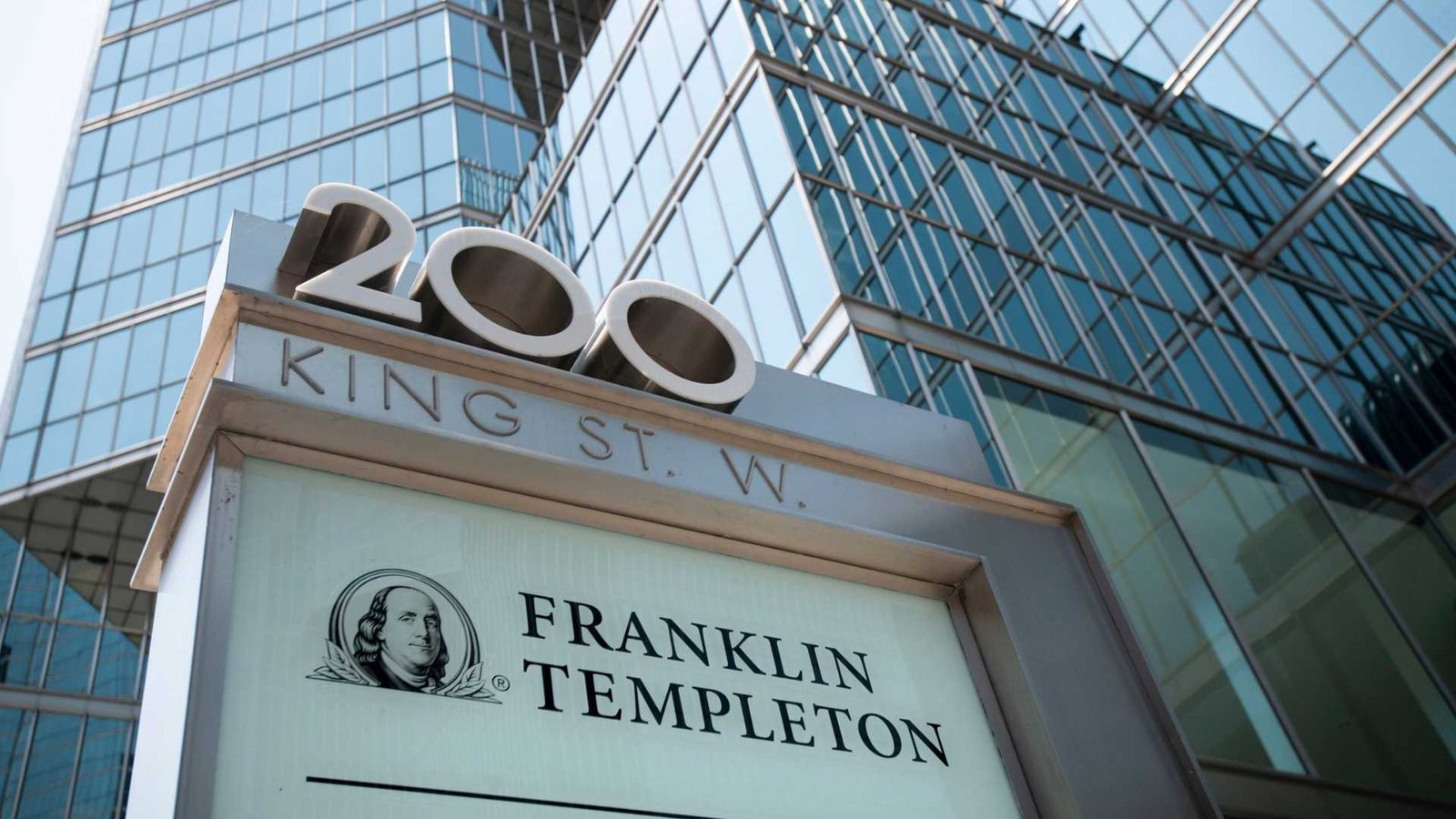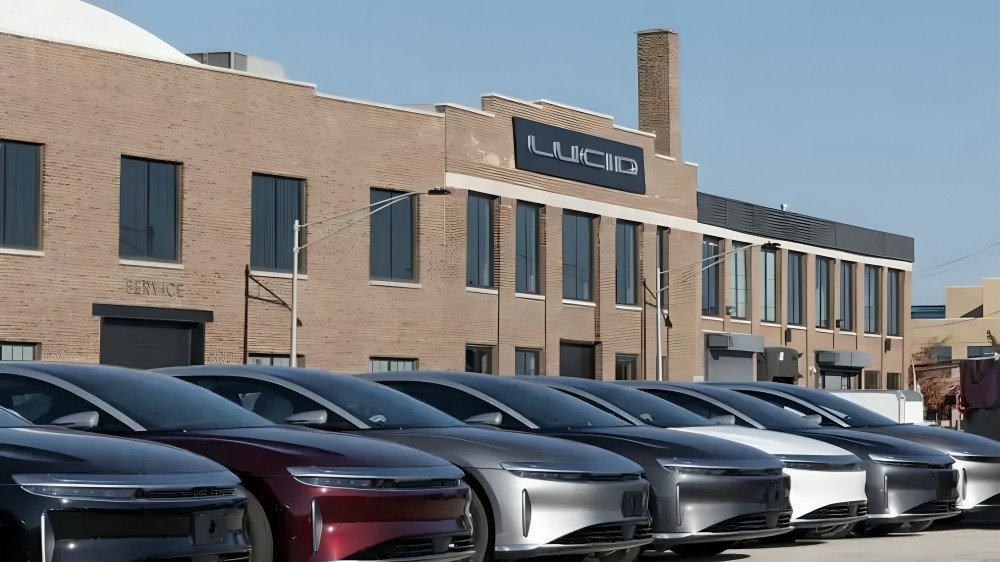Pic Credit: The Globe & Mail
In a significant move, renowned US-based investment manager Franklin Templeton’s New Operations has officially launched its operations in Riyadh after obtaining two crucial licenses from the Saudi Capital Market Authority (CMA). This strategic step comes as Saudi Arabia continues to diversify its economy away from oil dependency under its ambitious economic transformation strategy, “Vision 2030.”
Factors Driving Riyadh’s Appeal to Foreign Businesses
Saudi Arabia has emerged as a prime destination for foreign businesses, with the government actively encouraging international companies to establish their offices within its borders. One of the key factors driving this trend is Riyadh’s strategic location at the heart of the Middle East.
Situated in a geographically advantageous position, the capital city serves as a pivotal hub for companies seeking to access the vast market opportunities in the region. This strategic advantage provides businesses with unparalleled connectivity and proximity to key markets, facilitating smoother operations and enhanced market penetration strategies.
Moreover, Saudi Arabia’s commitment to economic reforms has significantly contributed to its appeal as an attractive business destination. The government has undertaken substantial efforts to liberalize foreign ownership regulations, streamline bureaucratic processes, and foster a more business-friendly environment.
These reforms aim to attract foreign investment and stimulate economic growth, positioning Saudi Arabia as a competitive player in the global marketplace. By implementing progressive policies and regulatory frameworks, the government demonstrates its dedication to fostering a conducive ecosystem for both local and international businesses to thrive.
In addition to strategic location and economic reforms, Riyadh offers compelling tax incentives that further bolster its attractiveness to foreign firms. Notably, companies establishing operations in the kingdom enjoy significant tax benefits, including a 30-year exemption from corporate income tax.
This favorable tax regime provides businesses with a competitive edge and reduces operational costs, making Riyadh a preferred destination for global players seeking to expand their presence in the Middle East. Combined with other incentives and supportive government initiatives, these tax benefits contribute to Riyadh’s status as a thriving business hub with a conducive regulatory environment.
Rise of Foreign Headquarters

The influx of over 200 international firms applying to open headquarters in Riyadh by the end of 2023 underscores the growing confidence in Saudi Arabia’s business environment. Notably, these firms are now eligible to bid for government contracts, further enhancing their prospects in the local market. The establishment of foreign headquarters facilitates job creation and fosters knowledge transfer and innovation across various sectors.
Key Measures to Attract International Business

Saudi Arabia has embarked on a series of strategic initiatives aimed at attracting international business to its shores. One of the pivotal reforms undertaken by the country is the simplification of foreign ownership regulations. By streamlining processes, reducing bureaucratic hurdles, and enhancing transparency, Saudi Arabia has succeeded in bolstering investor confidence.
These measures have made it easier for foreign companies to establish a presence in the kingdom and have instilled a sense of trust and reliability in the business environment.
In addition to regulatory reforms, Saudi Arabia has established Special Economic Zones (SEZs) to further incentivize foreign investment. These designated zones offer a range of benefits, including 100% foreign ownership, reduced corporate tax rates, and duty-free imports.
Such incentives make SEZs highly attractive for businesses looking to capitalize on the kingdom’s strategic advantages while minimizing operational costs and maximizing profit margins. Furthermore, the presence of SEZs demonstrates Saudi Arabia’s commitment to fostering innovation, entrepreneurship, and economic diversification.
Another key pillar of Saudi Arabia’s strategy to attract international business is Vision 2030, an ambitious economic transformation plan. Envisioned as a roadmap for the kingdom’s future development, Vision 2030 aims to diversify the economy, reduce reliance on oil revenue, create job opportunities for Saudi nationals, and attract foreign investment across various sectors. By aligning its objectives with global trends and emerging market demands, Saudi Arabia seeks to position itself as a dynamic and competitive player in the global economy.
Through Vision 2030, the kingdom underscores its commitment to sustainable growth, economic resilience, and inclusive development, thereby fostering a conducive environment for international business engagement and investment.
Impact Franklin Templeton’s new operations on Local Business and Economy
The decision to establish foreign offices in Riyadh has had a profound impact:
- Local Business: The influx of international firms has created new opportunities for local businesses, including partnerships, supply chain integration, and knowledge exchange.
- Economic Growth: By attracting foreign investment, Saudi Arabia is diversifying its economy and reducing its reliance on oil revenues. This contributes to sustainable economic growth.
Franklin Templeton’s Role
Franklin Templeton, with $1.6 trillion in assets under management, brings its global strength to Saudi Arabian investors. The firm’s acquisitions, including Legg Mason, Benefit Street Partners, and Lexington Partners, demonstrate its commitment to the region. Serving sovereign wealth funds, central banks, family offices, and global private banks, Franklin Templeton has been a trusted partner for nearly 25 years.
Final Thoughts
Riyadh’s emergence as a financial hub is a testament to Saudi Arabia’s vision and determination. Franklin Templeton’s new operations in the heart of the kingdom join a growing list of international players who recognize the immense potential of this dynamic market.
We invite you to share your thoughts with us regarding Franklin Templeton’s new operations and recent expansion into Riyadh, Saudi Arabia. Do you believe specific factors were motivating this strategic move? Can this help diversify its economy away from oil dependency? What concerns do you have about this move?




